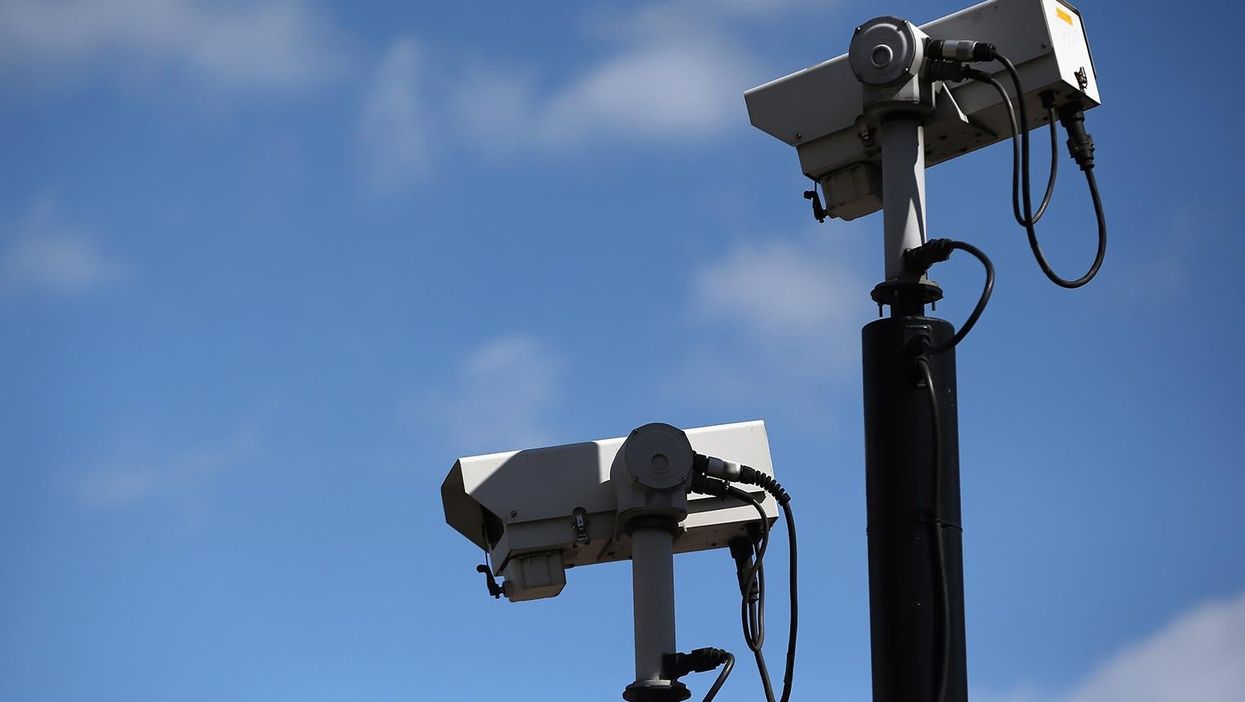News
Chris Green
May 23, 2015

Closed-circuit television cameras are being switched off in towns and cities across Britain as councils seek to cut costs – a development welcomed by civil liberties groups but which has led to concerns that police will find it harder to investigate crimes.
Tony Porter, the Surveillance Camera Commissioner, is responsible for regulating about 100,000 publicly operated cameras in England and Wales. He told the Independent that a rising number of councils were shutting down CCTV networks to cope with cuts imposed under the austerity programme, raising the prospect of a “postcode lottery” for crime detection.
On Friday night, the Police Federation said the deactivation of cameras would introduce “vulnerabilities” to counter-terrorism operations and “deny justice” to victims of sex offences and street violence. “There are an increasing number of examples where councils are citing a lack of money as the rationale to reduce the service,” said Mr Porter (left), a former counter-terror officer. “Because CCTV isn’t a statutory function, it is something a lot of councils are looking at.
“Most people recognise the utility of CCTV for supporting law enforcement. To degrade the capacity may have an impact on police. It may be that they will find it increasingly difficult to acquire the images that will help them investigate crimes.”
A spokesman for the Government said crime had fallen by more than a quarter since 2010, making communities “safer than at any point” since the Crime Survey for England and Wales began in 1981. “Decisions on CCTV provision should be made by elected councillors,” he added.
More: No, this is not CCTV footage of a tiger on the loose in Paris
Top 100
The Conversation (0)













